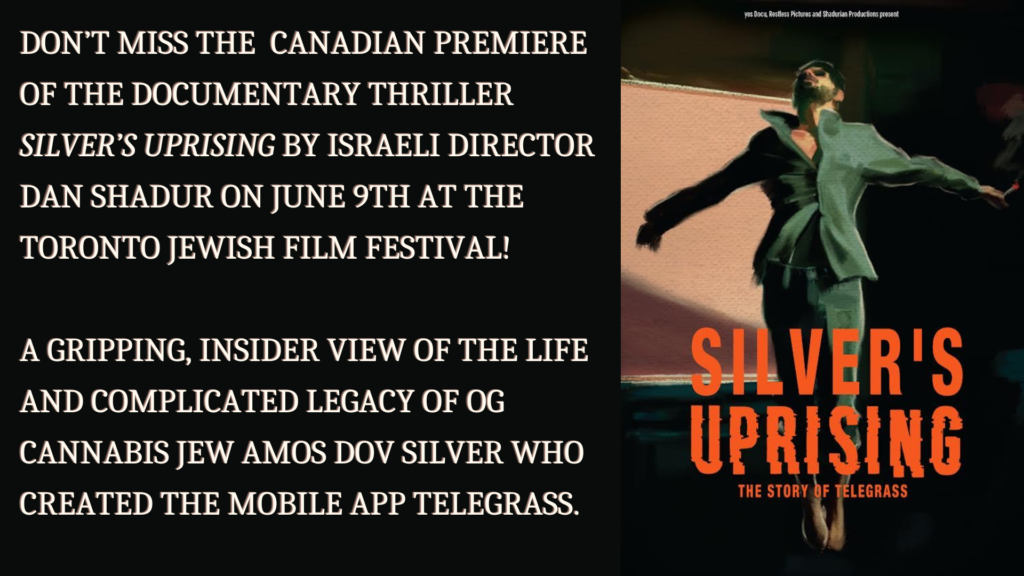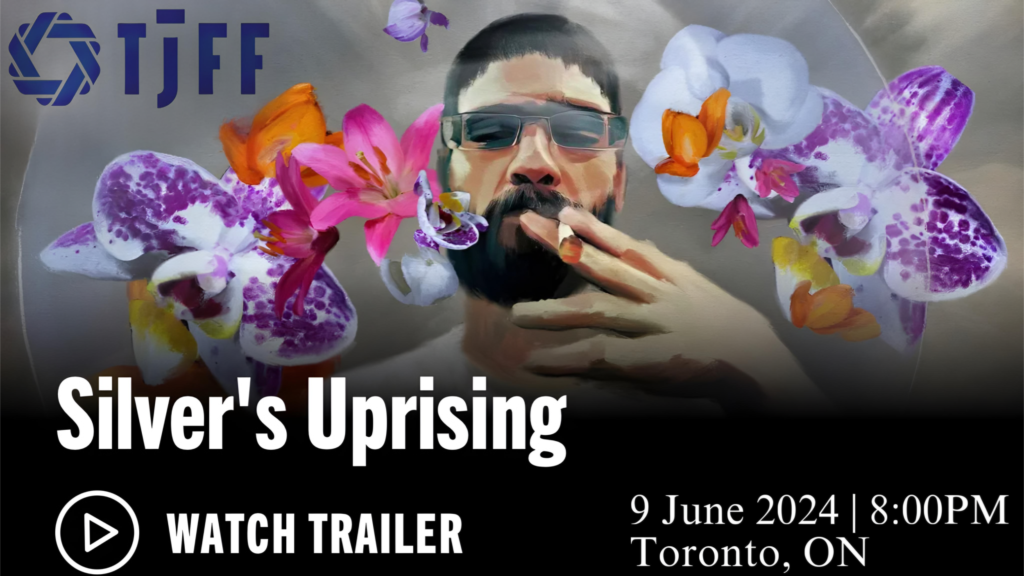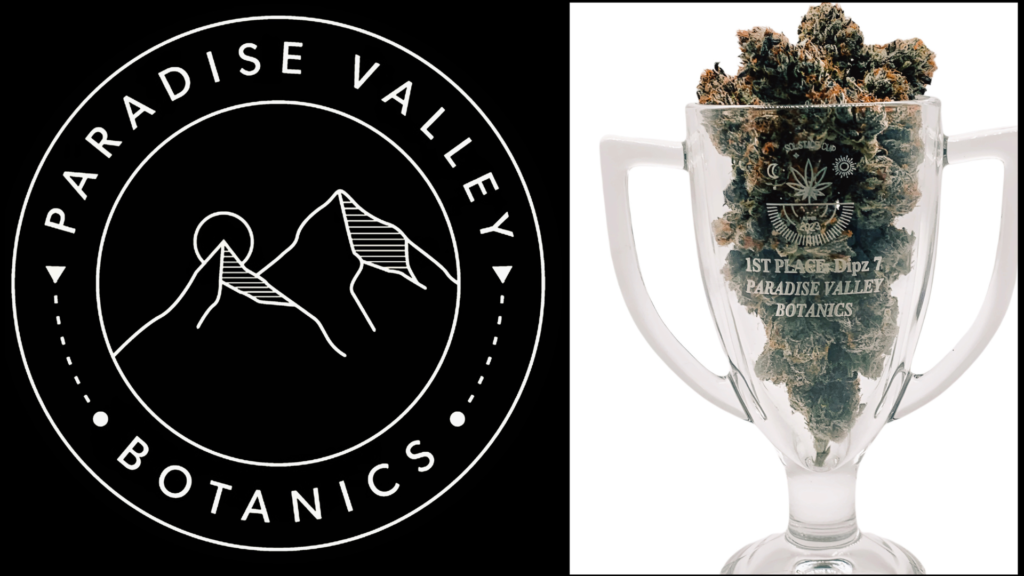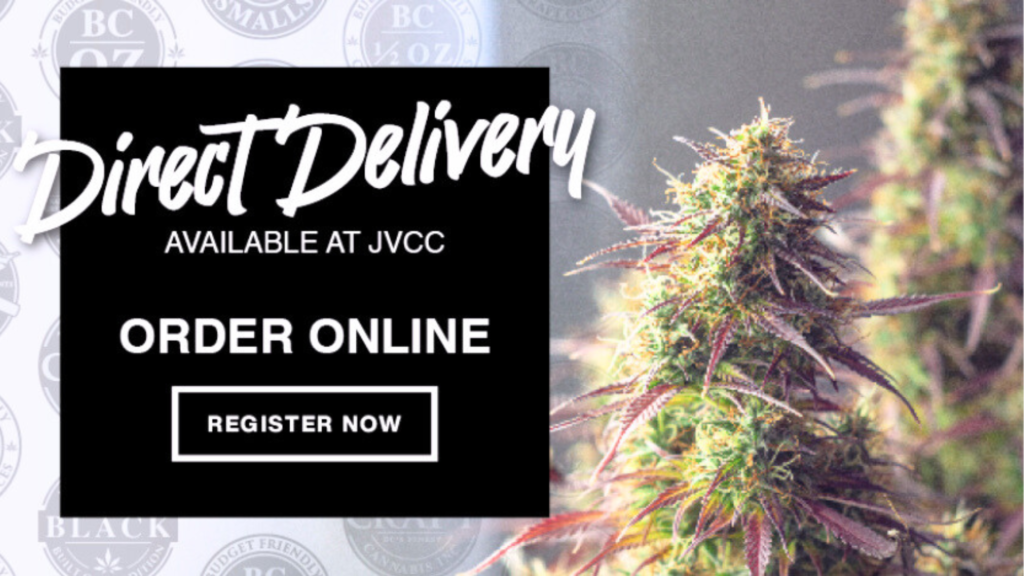When I was told that there’s a Jewish grower named Adam in Nelson, British Columbia who went from legacy to legal and became legendary for the quality of his flower and his Menschlikeit character, it sounded like someone I had invented—a Canadian version of Jack Herer—as part of a sales pitch for Cannabis Jew Magazine. My suspicion grew when Google could not confirm that “Adam Mintzis” was a real person, let alone a Jewish legacy grower in BC who, apparently, left everyone with a really good opinion of Jews.
So, when I actually had the opportunity to talk with Mintzis, I was amazed to learn that not only is he real, but part of an underground, multi-generational community of Jewish cannabis growers in Nelson, BC. It’s hard to appreciate his story and the mitzvah of Paradise Valley Botanics outside of this context, which also represents an extraordinary chapter of Canadian-Jewish history about how this small town in the Selkirk Mountains became a centre of cannabis Jewish culture (even without a Rabbi or a Mohel).
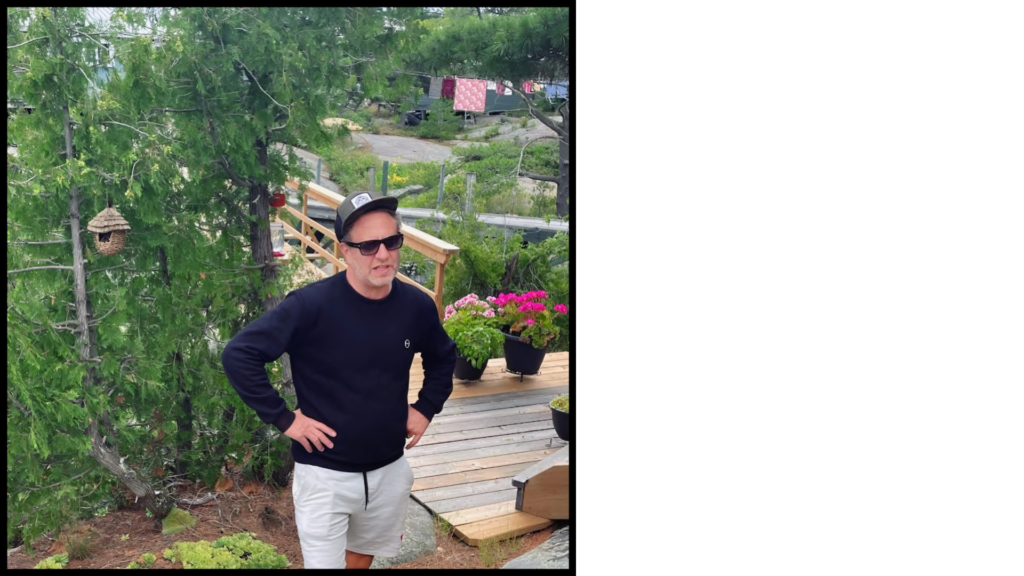
This small, close-knit, mostly secular Jewish community in Nelson and the surrounding Kootenays area of British Columbia has been on the radar of the Jewish press for decades as a sort of outpost for North American Jewish hippies, draft dodgers, and “eclectic” types. For example, in 2001 The Jewish News of Northern California announced: British Columbia Area Lures Funky Collection of Jews.
In fact, the effort to understand the Jews of Nelson even inspired a research project— “LIVING IN YEHUPETZ: CONSTRUCTING JEWISH IDENTITY IN THE WEST KOOTENAYS”—submitted by Ronnie E. Tessler in 2006 for his MA in Liberal Studies at Simon Fraser University. Hilariously, the Jews of Nelson seemed to confuse most of Tessler’s presumptions about what connects the Jews in a Jewish community and what it means to live a “Jewish life:”
“If you define Jewish life by the generally accepted pillars of an organized Jewish community – synagogue, Jewish education, and Holocaust commemoration – it is difficult being a Jew in the Kootenays. Despite these challenges, West Kootenay Jews have managed to exist as a quasi community for more than 40 years! What holds them together are the listserv, a sporadic interest in observing certain holidays and a Torah scroll donated several years ago by a local resident.
The will to build [Jewish] community is markedly absent, for the most part due to an inherently powerful resistance to institutionalized religion. Most consider Judaism something they do on the side: one interviewee called Kootenayites “occasional Jews,” another said she was heartened to find a “conglomerate of fringe Jews like myself” when she moved to Nelson.”
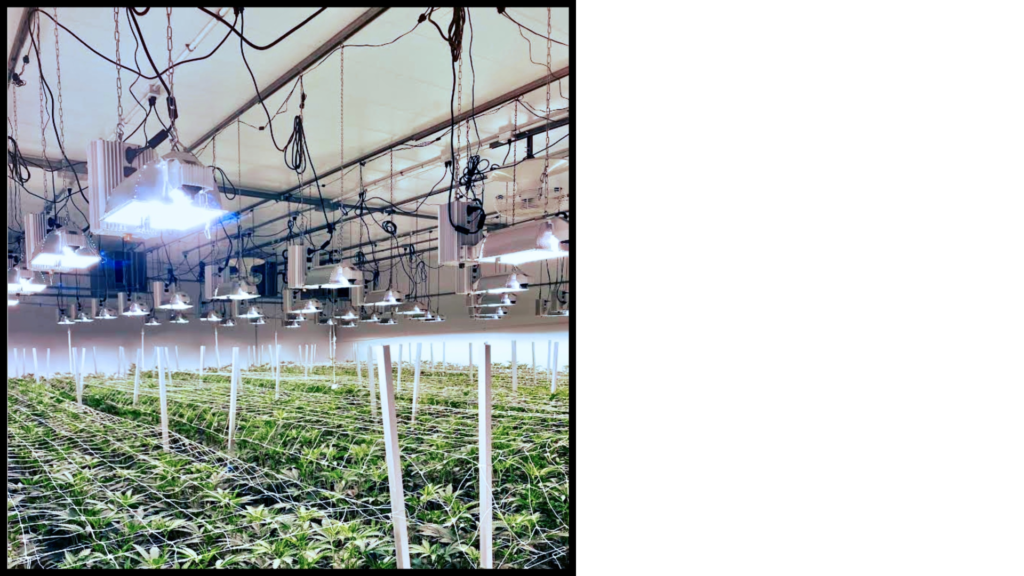
When I read Tessler’s thesis, I realised that it was an important primary source in the unwritten history of cannabis Jewish culture in Nelson, BC, and this story about a famous Jewish legacy grower was much bigger than I had anticipated. Adam’s trailblazing path from legacy to legal cannabis grower has been supported by a Jewish community bound together by a respect for cannabis cultivation as a form of tikkun olam. They created and nurtured a community in which no one had to hide, and could live as responsible, respected citizens who took pride in their work and helping their neighbours; a quintessentially Jewish story.
As a legacy grower Mintzis has kept a low profile, off the internet. He was excited to talk with CJM because Paradise Valley Botanics was recently licensed as a premium craft producer of recreational cannabis. From his new position, Mintzis is ready to share his story about growing weed that’s been coveted in the Canadian “Humboldt County” for over 30 years, now produced in the only Jewish micro cultivation facility in the country (Baruch Hashem!). As he explained:
“With Paradise Valley coming into the market, I think it’s time to tell our story and share what we’ve been doing. When cannabis was legalised, it kind of got taken over by corporate Canada. And they’ve done a real bad job with it. I’m really excited to share and showcase my passion for this plant. I take a lot of pride in what I do.”
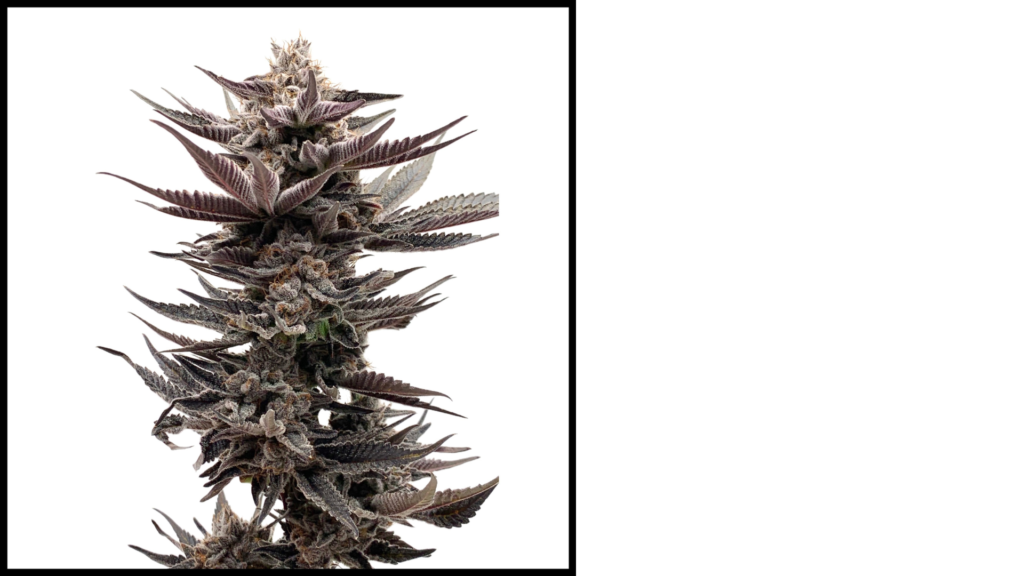
Mintzis’ ability to openly express his pride in his legacy status and cultivation practice also means that we no longer need to obliquely refer to the “funky” Jews of Nelson BC but can, instead, honour the cannabis Jewish culture that has flourished in a community devoted to the Jewish practice of easing suffering to help heal the world.
The Canna-Jewish Community of Nelson, BC
Nelson is located in the Western Kootenay region of British Columbia, part of the traditional territories of the Sinixt and Ktunaxa peoples. One of the most prominent groups to settle there in the early 20th century were the Doukhobors—a Russian group of religious pacifists whose migration en masse in 1899 to this remote part of Canada was sponsored by Tolstoy and the Quakers (yes, you read that correctly).
As a religious group their history is also pretty Jewy, as they were persecuted as heretics and insulted by Russian clergy as “Doukhobors” or “Spirit Wrestlers” which they promptly co-opted as their spiritual mission, à la Jacob who struggled with God and became Israel (Genesis 32:28). Dohkhobor culture helped create the pacifist, communal vibe of Nelson that accounts for how it became a refuge for many Vietnam draft dodgers in the 1960’s —including many Jews.
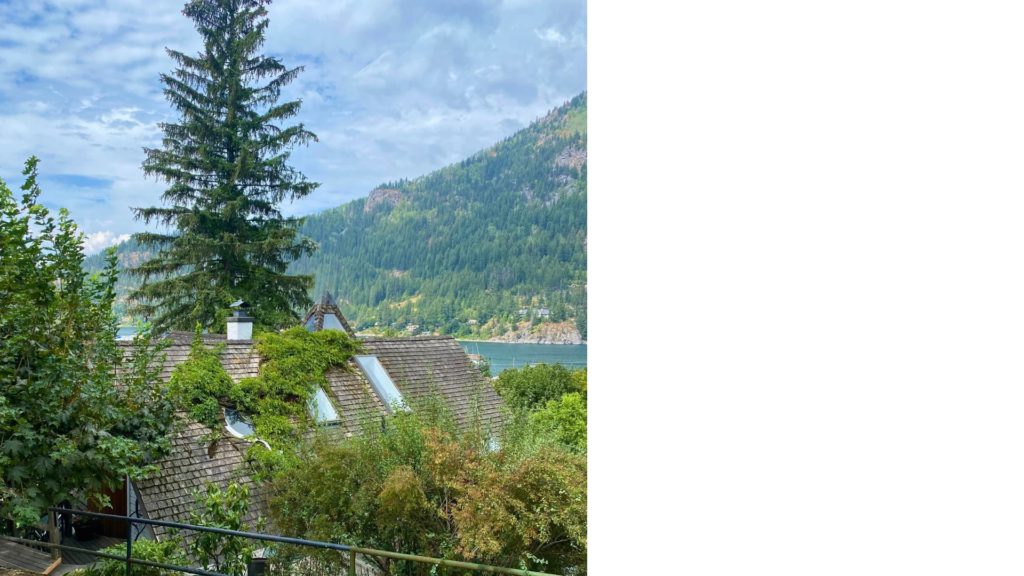
According to Mintzis, some of these American-Jewish expats and political dissidents grew cannabis and later became the mentors for a new generation of Jewish growers who arrived in the 1990’s, like he did, as an 18-year old looking for a different kind of life:
“I grew up in the biggest cities in North America, and all I wanted to do was go live on a farm.”
His family moved from Toronto to New York in 1989, and Mintzis went to high school in Brooklyn. His father Morty has won awards for his work in the publishing industry, and served as CEO of Penguin Canada and Penguin U.S.A. His brother attended university in Vancouver, and fell in love with a woman from Nelson. When Mintzis went to visit them, he fell in love with the area and decided to stay. Then he connected with other Jews his age, whose parents had taught them how to grow cannabis.
Mintzis and his wife Lindsey have two sons, Phoenix (29) and Levi (19). Lindsey is also his business partner, and Levi is now working for Paradise Valley Botanics with his dad. Mintzis emphasized that Lindsey has been essential to his success and to the success of Paradise Valley Botanics:
“She helps out with everything I do in life, and with the business, and picks up all the pieces when I’m working 7 days a week, and comes to work with me on the weekends.”
After Mintzis started a family, his parents joined them in Nelson and became part of this close-knit, laid back Jewish community where cannabis cultivation is part of Jewish culture passed down l’dor vador, generation to generation.

Jenn Green has been working with Mintzis for 7 years, and for the past 5 years she has managed the harvesting process. Originally from Toronto, Green and Mintzis were part of the same community of Jewish teenagers who followed the Grateful Dead in the 1990’s, raised in liberal, often “alternative” Jewish communities that had always rejected the stigma attached to cannabis use and those who consume. So it was beshert when they connected again in Nelson, and then worked together in the legacy market to produce cannabis that quickly became known and sought after for its consistently exceptional quality.
Recently I spoke with Green about her experience living in Nelson and working with Mintzis to make the difficult transition from the legacy to the legal market with the launch of Paradise Valley Botanics:
“The industry has changed a ton with legalisation . . . the Kootenays has been the place where I’ve been able to do this full time and sustain myself, and where I’ve had a community that absolutely supports it and that supports the women in the industry. And helping the transition from legacy to legalisation is where our zone of genius is, having been in the legacy market for so long. The [Jewish] mentors he had, the people I used to work for, they stopped doing it a long time ago . . . now we do it. We’re in our 50’s . . . this is the new generation, a new way of being in the industry, and we’re trying to figure out how to make it better, and bring some of the cooperative and more organic knowledge we’ve learned from the legacy market into the legal industry.
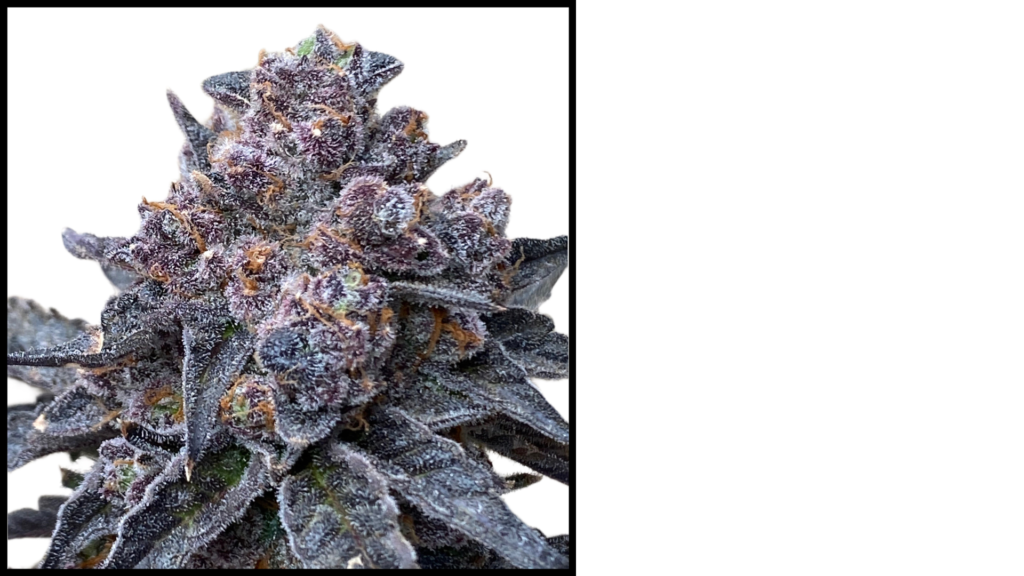
I’ve worked for hundreds of growers over the years, so many that I’ve lost count. And I always say to Adam: if I’m not working for you, I’m not working for this industry ever again. This is it, it doesn’t get better than this. He loves it, he gets excited about it, he’s juiced on it, he reads about it, he talks to experts all over the world. This is his passion, this is his thing, he loves this. This and hockey. You really see it, you see it in the product.”
I also spoke with Randy Richmond, one of the only Jews of Nelson with the distinction of being married to another Jew (which has not been overlooked by the Jewish press). Although Richmond has not previously worked in the cannabis industry, he decided to go into business with Mintzis because it’s a mitzvah to increase access to his exceptional flower and just good business sense. He explained:
“I’m bringing in some back-end experience. I’ve grown a few businesses, and sometimes good partnerships happen where you unleash the expert to be good at what he’s good at, and free him up from the boring shit that most experts hate to do, and that’s the back-end. So this is one of those relationships, and Adam is brilliant at what he does, extremely passionate. He embraces the technology of it, the expertise . . . . he’s not interested in growing a shitty product and making a lot of money off of typical shitty pot. He just wouldn’t do it, it’s not his interest. And I wouldn’t have gone into business with him if that’s what it was about either, because I had no interest in that either. He’s got an incredible reputation as being a master at what he does.”
Together Mintzis and Richmond have combined their powers to launch Paradise Valley Botanics as a new micro cultivation facility operated with legacy wisdom and Jewish ethics. That’s one reason why this story inspired this reporter to start looking at real estate in Nelson; does life get better for a cannabis Jew who loves Jewish community and good weed?
From Legacy to Legalisation and Paradise Valley Botanics
Mintzis initially transitioned from the legacy to the legal market in 2018 by producing a limited amount of small-batch craft cannabis under the Access to Cannabis for Medical Purposes Regulations (ACMPR). He became interested in getting a licence to cultivate on a larger scale for the recreational market after he began to enter cannabis competitions, racking up awards in quick succession for his flower and hash.
At the first competition Mintzis entered, the 2021 Unicorn Cup, Paradise Valley Botanics won both first and third place for its flower, as well as third place for its hash. The next year, his flower won First Place in the sativa category at the 2022 Karma cup. And then in 2023, after Paradise Valley Botanics was declared the best flower at the Solstice Cup, and won First Place in the bubble hash category at the esteemed Dab A Doo cup (the first time it was held in Canada), Mintzis was well on his way to making his dream a reality.

Paradise Valley Botanics has partnered with Joint Venture Craft Cannabis (JVCC) to package and bring their flower to market. This was a natural fit since JVCC is devoted to helping legacy growers transition into the legal recreational market and because Janeen Davis, VP of Sales, has always hoped to work with Adam to help launch his brand in the recreational market:
“Prior to having a role at Joint Venture Craft Cannabis, I knew Adam from the cannabis community in Nelson as a stoic family man who never missed a hockey practice because he coached his son, and would be home to dine with his wife every evening. And he was different than a lot of other men that I dealt with in the industry, he was always so thoughtful and articulate and kind. And from my first conversation with him, the amount of cannabis knowledge he had really blew my mind. And it’s something that comes not just from experience, but from passion.
One of the first things I noticed working with Adam was how open he was to working with women, and he didn’t treat me any differently because I was a woman. He’s always been an immaculate businessman, and he’s kind, generous, and more than anything, he’s so fair. Adam is one of the best people I’ve ever had the pleasure of getting to work with. He just has such an incredible commitment to excellence: this is a man who is checking everything with his crop everyday. He is checking each plant individually because he’s continuously striving for that excellence, and it truly shows in the product. I’m honoured to get to support him in this journey and to launch his brand in Canada.
In order to better understand the significance of Mintzis’ decision to transition from the legacy to the legal market, I reached out to Alison Gordon, well-known as the first woman CEO of a public cannabis company who recently co-founded Other People’s Pot with her business partner Amy Weinstein (always beautiful to meet mishpacha). Gordon expressed her excitement that the “unbelievable” flower produced by Paradise Valley Botanics would soon be available in the recreational market, and her admiration for what Mintiz has accomplished:
“The way to move the industry forward is for us to get these great growers to come into the legal market. It’s not easy for them to do that. There’s a lot less money to be made in the legal market. The challenge now is that Europe pays a lot more [for cannabis]. And that’s taking a lot of good weed out of the country. And then a lot of the legacy stuff is illegally being shipped over to Europe as well.
Adam is paving the way out there in Nelson to show people: let’s do this legally. He’s a trailblazer, even if there are a few growers who have come from legacy.”
Mintzis’ journey from legacy to legal grower is also a beautiful illustration of cannabis Jewish culture which is informed by the effort to increase access to the herb to promote peace, recovery, health and wellbeing. Since we use the word “kosher” in an informal sense to designate something that aligns with Jewish ethics and practice, it’s clear that Paradise Valley Botanics is a kosher facility that would make Maimonides proud.
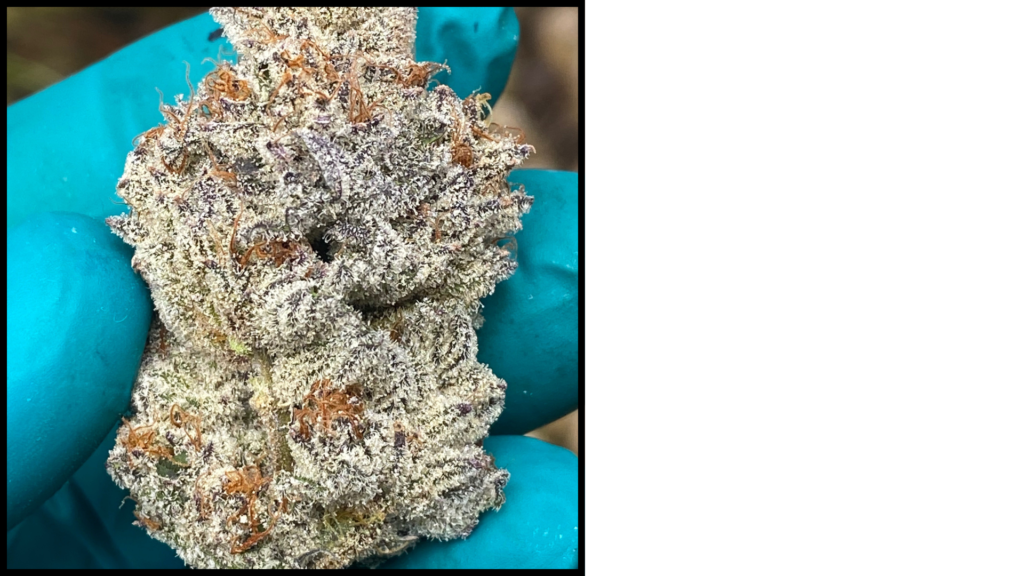
PVB Flower Hitting the Market
Paradise Valley Botanics will be introducing several strains available for purchase in the recreational market later this summer, including Lazer Fuel, Apples and Bananas, Project 9, Falcon 9, and Kombucha.
Mintzis has family and friends in Israel, and hopes to export some of his craft cannabis there out of a sense of Ahavat Israel, love of the Jewish community:
“I would love to be doing business with Israel, my uncle’s there, my cousins are there, three of my cousin’s sons are fighting right now on the front lines.”
Davis is also excited about connecting with Israeli buyers:
“When we were having conversations about the possibility of exporting to Israel, we were under the impression that not everyone sends their very best products abroad, but will instead export flower that wasn’t quite good enough for the Canadian market. Adam wants to flip the script on that, and put BC bud back on the main stage worldwide by sending the very best flower.”
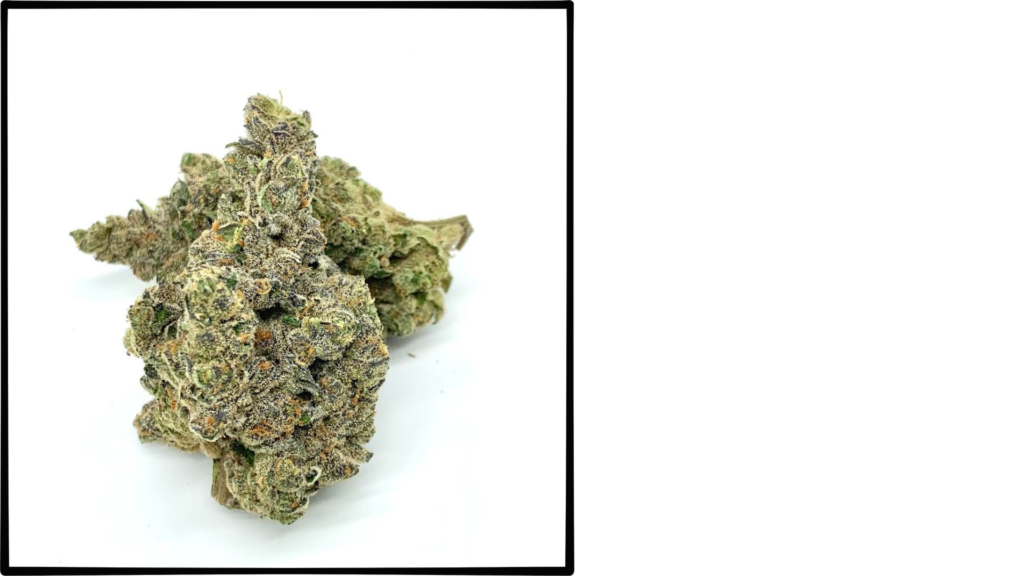
At this moment in history, when Jews are tweaking from so much hate, speaking to Mintzis and learning about Paradise Valley Botanics provided me with some much needed optimism about our future. With Adam as our Representative, growing cannabis that creates so much awe, I feel certain the tide will turn in Canada. For this country prizes its weed, hockey and good manners, and it won’t be long before news spreads that the best new flower on the market is being cultivated by a Jewish legacy grower with impeccable credentials, who is appropriately obsessed with the national pastime and loves Eretz Israel.
In order to stay connected with the Canna-Jewish community, sign up to receive The Canna Jewish News delivered right to your inbox. To learn more about the role of cannabis in the Jewish tradition, check out our new online course The Jewish Relation to Cannabis, sold with the Yeshiva Subscription to Cannabis Jew Magazine.

